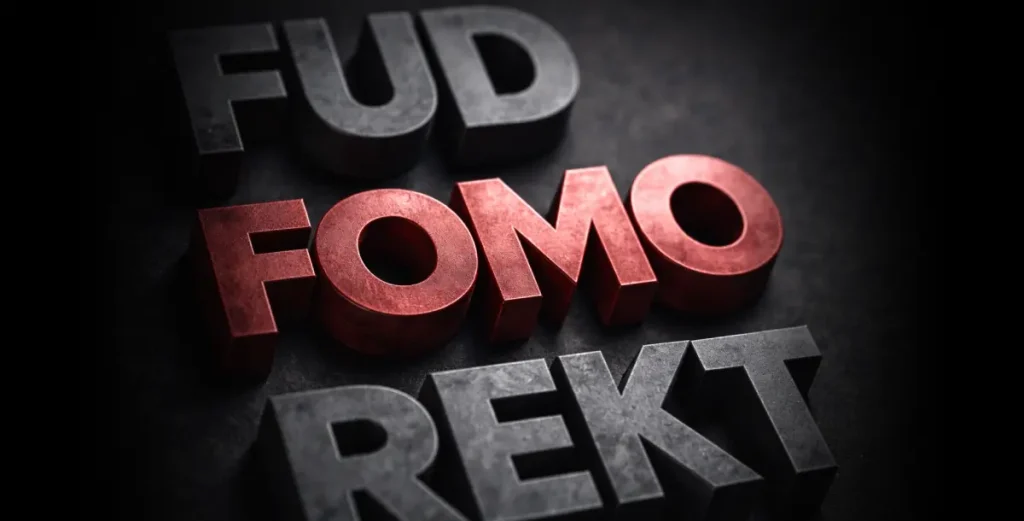Tokenized Treasuries and the Rise of Smart Contracts in Real-World Finance
In early 2024, BlackRock quietly made history with the launch of its BUIDL fund—a fully tokenized U.S. Treasury fund deployed on Ethereum. Within months, the fund attracted over $400 million, accelerating institutional momentum around real-world asset (RWA) tokenization.
Major financial firms like Franklin Templeton, JPMorgan, and HSBC followed suit, issuing tokenized bonds and funds on blockchain networks. Behind the scenes, one silent component powers all these breakthroughs: blockchain oracles.
Whether it’s validating the current interest rate for a tokenized bond or confirming customs clearance in a tokenized supply chain, smart contracts can’t interact with the real world without oracles. For enterprises deploying mission-critical applications on-chain, this isn’t a technical footnote—it’s a foundational need.
What Is a Blockchain Oracle? And Why Enterprises Can’t Ignore Them
A blockchain oracle is a critical middleware component that bridges the gap between smart contracts and external, off-chain data sources. Since blockchains are inherently closed systems—designed for security and deterministic execution—they cannot directly access real-world information. Oracles solve this problem by securely fetching, verifying, and delivering external data (such as API feeds, IoT sensor readings, financial market prices, and compliance updates) to smart contracts in a trust-minimized and reliable manner.
How Blockchain Oracles Function
Oracles act as a secure data layer for decentralized applications (dApps), enabling them to interact with real-world events. Their key functions include:
- Data Fetching – Pulling information from external sources (e.g., stock prices, weather data, shipment tracking).
- Data Validation – Ensuring accuracy through cryptographic proofs, consensus mechanisms, or multiple-source cross-verification.
- On-Chain Delivery – Transmitting verified data to smart contracts in a blockchain-readable format.
- Triggering Execution – Allowing smart contracts to autonomously execute predefined actions (e.g., releasing a payment, adjusting loan terms, settling a derivative).
Without oracles, smart contracts would remain isolated, unable to respond to real-time business conditions.
Why Enterprises Must Understand Blockchain Oracles
As businesses explore Web3, DeFi, and enterprise blockchain solutions, oracles become indispensable for several reasons:
1. Enabling Real-World Automation
Smart contracts can only execute based on on-chain data. Oracles allow them to interact with external events, making them viable for:
- Supply Chain & Logistics – Automating payments upon IoT-confirmed delivery.
- Insurance – Triggering payouts based on verified weather or flight delay data.
- Financial Services – Executing trades when market conditions meet predefined criteria.
2. Ensuring Data Integrity & Security
Enterprises cannot afford unreliable data. Leading oracles (like Chainlink, Band Protocol, and Pyth) use decentralized validation to prevent manipulation, ensuring that smart contracts act on accurate, tamper-proof information.
3. Regulatory & Compliance Readiness
Many industries require auditable data trails. Oracles can feed KYC/AML checks, legal records, and compliance updates into blockchain systems, helping businesses meet regulatory requirements while maintaining automation.
4. Powering Tokenized Assets & DeFi
From real estate tokenization to corporate bonds on blockchain, oracles provide the necessary price feeds, interest rates, and settlement data to make these assets function seamlessly in decentralized finance (DeFi) ecosystems.
5. Future-Proofing Business Models
As blockchain adoption grows, enterprises that integrate oracles early will gain a competitive edge in:
- Dynamic pricing (e.g., adjusting premiums or loans in real time).
- Cross-chain interoperability (e.g., syncing data across multiple blockchains).
- AI & IoT integration (e.g., AI-driven smart contracts using live sensor data).
Enterprise Pain Points Oracles Solve
1. Verifiable Real-Time Data Access
Enterprises often require real-time, audit-compliant data to trigger transactions automatically—be it interest payments, asset transfers, or supply chain settlements.
- Example: A tokenized security pays out yield based on daily T-bill rates. If the rate isn’t current, payouts are incorrect.
- How Oracles Help: Oracles ingest verified price feeds and macroeconomic indexes from regulated financial data providers and deliver them securely to smart contracts.
2. Mitigating Single Point of Failure
Traditional oracles often depend on a centralized API or a single node—an unacceptable risk for institutional-grade applications.
- Problem: A pricing error or API outage causes millions in incorrect trades.
- Solution: Decentralized oracle framework ensures multi-source aggregation and consensus validation, protecting against manipulation or failure
3. Regulatory Data Requirements
Many industries—especially in finance, real estate, and ESG—must rely on regulated, certified data from licensed authorities.
Problem: A DeFi protocol accidentally pulls price data from an unlicensed aggregator, failing compliance.
Solution: Enterprises use whitelisted or KYC-compliant oracles, ensuring both data reliability and legal integrity.
Real-World Use Cases: Where Oracles Are Already Powering Enterprise Blockchain
1. Real-World Asset (RWA) Tokenization
As companies tokenize assets such as real estate, bonds, treasuries, or commodities, they need oracles to ensure that on-chain logic reflects real-world conditions.
Example: A real estate token platform relies on ChainUp oracles to confirm title registry data and update asset status before token transfers can occur.
2. Trade Finance and Supply Chain Automation
Smart contracts increasingly automate cross-border trade, but only when oracles feed in real-time port clearance, GPS, and customs data.
Example: A logistics company uses ChainUp’s oracles to verify when a shipment clears customs, triggering instant payment through a smart contract.
3. ESG and Compliance Reporting
Blockchain-based ESG disclosures rely on oracles to pull data from trusted environmental databases or certified IoT devices.
Example: An energy company automates carbon credit issuance based on sensor-fed emissions data verified via ChainUp oracles.
Why Oracles Are Non-Negotiable in Enterprise Web3
The blockchain ecosystem is rapidly evolving beyond DeFi. Now, we’re entering an era where tokenized funds, programmable trade, and automated regulation are becoming enterprise mandates. In this new landscape, data feeds are not just supportive—they are decisive.
Without oracles, smart contracts are functionally useless for real-world automation. Without reliable oracles, enterprises risk compliance failures, financial inaccuracies, and operational downtime.
To stay competitive in a Web3-enabled future, enterprises need more than a chain—they need a bridge to trusted off-chain data. ChainUp provides that bridge.
Power Your Smart Contracts with Trusted Off-Chain Data
As enterprise blockchain adoption accelerates, the demand for secure, scalable oracle solutions will define who leads and who lags. Oracles make smart contracts intelligent. Without them, the promise of automation, transparency, and decentralization falls short.
If your organization is exploring real-world asset tokenization, DeFi integration, or supply chain automation, secure your success with a reliable enterprise blockchain oracle solution.
Talk to a ChainUp Web3 expert today to learn how to connect off-chain data to smart contracts with security and compliance built-in.




